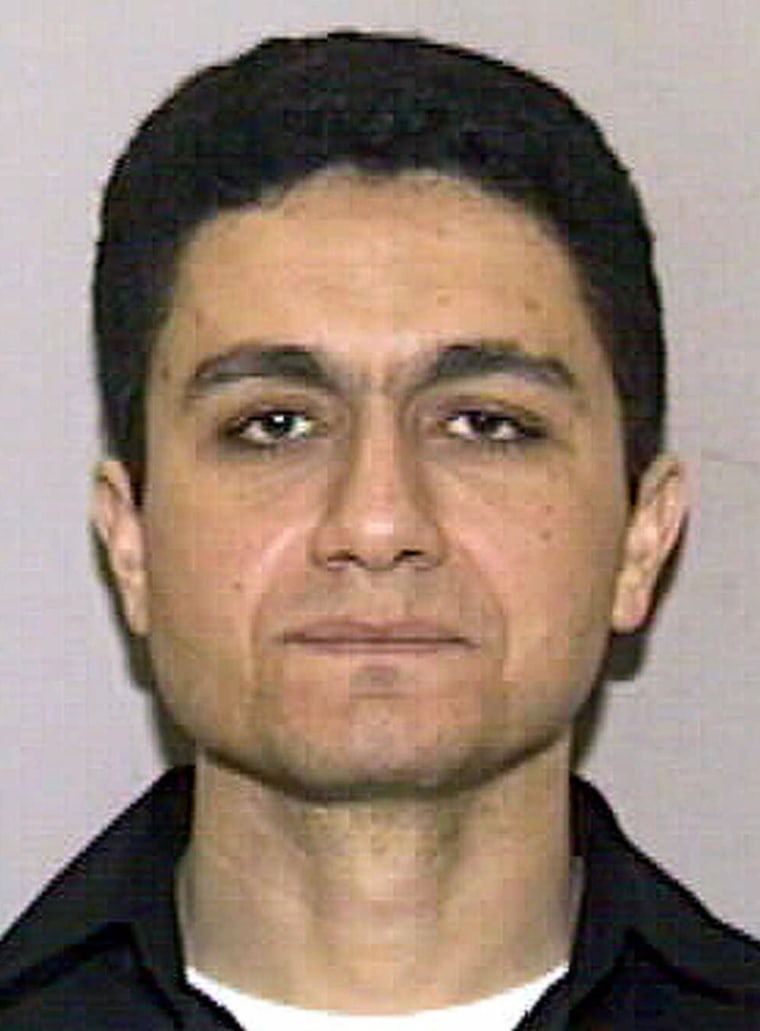The Pentagon has been unable to validate claims that a secret intelligence unit identified Sept. 11 hijacker Mohamed Atta as a terrorist more than a year before the attacks, a Defense Department spokesman said Monday.
Larry Di Rita said that some research into the matter continues, but thus far there has been no evidence that the intelligence unit, called "Able Danger," came up with information as specific as an officer associated with the program has asserted.
"What we found are mostly general references to terrorist cells," Di Rita said, without providing detail.
Officer: U.S. kept secret four future hijackers
That officer, Army Reserve Lt. Col. Anthony Shaffer, said Able Danger identified as terrorists Atta and three other future Sept. 11 hijackers in 2000. But, he said, military lawyers stopped the unit from sharing the information with the FBI out of concerns about the legality of gathering and sharing information on people in the United States.
His assertions have been publicized by Rep. Curt Weldon, R-Pa., vice chairman of the House Armed Services and Homeland Security committees.
Di Rita said Pentagon researchers have found no evidence that Able Danger had Mohamed Atta's name. He said he was unsure whether the unit came up with the identities of the other three hijackers but then said that none of Shaffer's specific claims had been validated.
Shaffer himself has not provided any documentary proof, Di Rita said, and said Shaffer has presented his information as second hand.
No documentation to prove assertions
Shaffer's lawyer, Mark Zaid, said last week that Shaffer does not have documentation related to Able Danger because his security clearance was suspended in March 2004 for "petty and frivolous" reasons. They include a dispute over mileage reimbursement and a charges for personal calls on a work cell phone, Zaid said.
Shaffer also has said the Sept. 11 commission failed to investigate his assertions after he spoke to members of the panel in 2003. A statement Aug. 12 by former commission chairman Thomas Kean and vice chairman Lee Hamilton said the commission did not obtain enough information on the operation to consider it historically significant.
